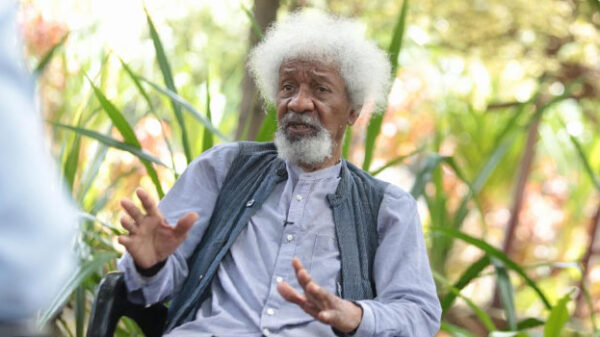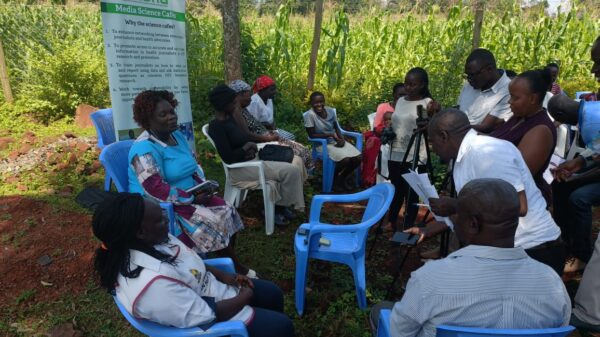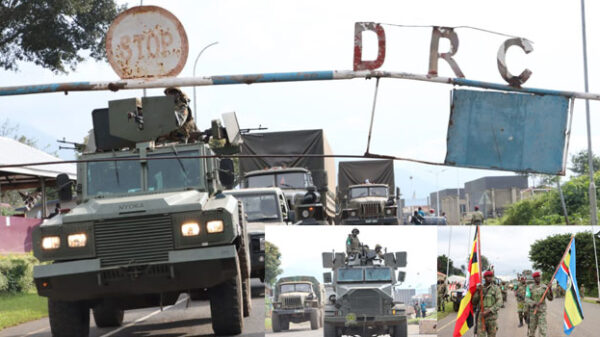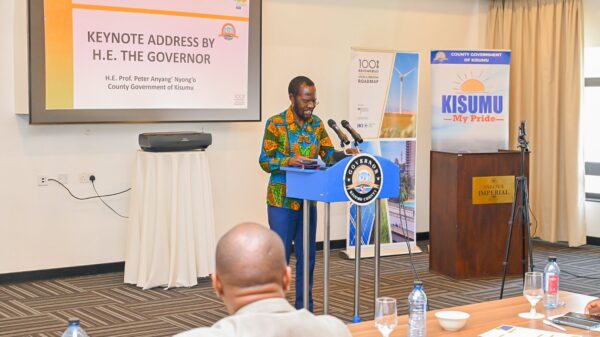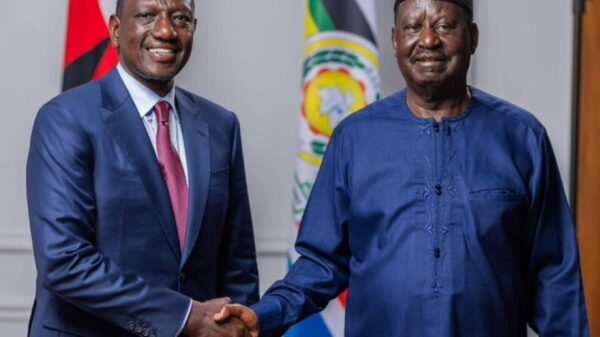
Japan’s American-written “peace constitution” has survived unchanged for 70 years, but nationalists seeking an overhaul are gearing up for a major new push as concerns grow over North Korean belligerence/AFP
TOKYO, Japan, May 2 – Japan’s American-written “peace constitution” has survived unchanged for 70 years, but nationalists seeking an overhaul are gearing up for a major new push as concerns grow over North Korean belligerence.
Conservatives have long called for the document they see as a national humiliation to be amended, but current political alignments and growing security concerns suggest they now have their best chance of success.
“The time is ripe,” Prime Minister Shinzo Abe said Monday in a speech to supporters of change. “We will take a historic step towards the major goal of revising the constitution in this milestone year.”
The constitution, which took effect 70 years ago on Wednesday, renounced Japan’s sovereign right to wage war. It has been championed by progressives as a pacifist symbol born out of the country’s World War II defeat.
Supporters argue the document is a bulwark against any repeat of Japan’s World War II aggression, and warn attempts to revise it risk whitewashing the country’s modern history.
But nationalists deride it as an alien charter forced on the country by an occupying power — the United States — bent on imposing its own Western values.
And they see those who defend its emphasis on peace as dangerously out of tune with geopolitical realities, such as North Korea’s nuclear and missile programmes.
“The fault lines of Japanese politics very much run through the constitution,” said Kenneth Ruoff, professor of modern Japanese history at Portland State University in the United States.
Abe has long vowed to bring it more in line with what conservatives see as Japanese values, such as greater emphasis on obligations rather than rights, and on the family not the individual.

Japan on May 1 dispatched its biggest warship since World War II to protect a US supply ship, one of the country’s military roles expanded under Prime Minister Shinzo Abe, as tensions mount in the region over North Korea/JIJI PRESS/AFP / STR
While unlikely to seek the complete removal of the popular and war-renouncing Article 9, they advocate changes to its wording, such as recognising the country’s self-defence forces as a military and clarifying Japan’s right to defend itself.
Pro-amendment parties can now muster the two-thirds majorities necessary in both houses of parliament to pass changes, though they would be subject to a national referendum for final approval and that is seen as the biggest hurdle.
Public support?
The constitution has never been amended, but governments such as Abe’s have interpreted it in ways that have effectively loosened some of its constraints.
In 2015, for example, the ruling Liberal Democratic Party and its allies rammed legislation through parliament enabling Japan to engage in “collective security” the defence of troops from its US ally and other friendly nations if it was seriously threatened.
That triggered a backlash from legal scholars and lawyers who argued the changes violated the constitution and sparked demonstrations outside parliament.
On Monday, Japan dispatched its biggest warship since World War II to escort and protect a US supply vessel in the first such action under the new security laws as tensions mount in the region over North Korea.
While pro-revisionists now have their “greatest chance” to make changes, it may still be hard for them to amend the document, which would require a consensus, Ruoff said.
“Everybody has to agree and that’s not so easy,” he said.
Public opinion polling shows broad acceptance of the “peace constitution” as it is widely known as a whole, although views are divided on the hot-button issue of Article 9.
Taeko Higa, a Tokyo office worker, staunchly opposes any changes and fears for the future.
“I’m interested in the constitution and politics but many people around me aren’t,” she said, worrying they are vulnerable to aggressive arguments in favour of revision.

Public opinion polling shows broad acceptance of the document, widely known as the “peace constitution,” as a whole, although views are divided on the hot-button issue of Article 9 which renounces Japan’s right to wage war/AFP
While polls show the overwhelming majority of Japanese are concerned by North Korea’s missile tests, surveys have turned up wide variations in the level of support for amending Article 9.
Public broadcaster NHK found only 25 percent of respondents in favour of changing it, with 57 percent opposed. Another survey by Kyodo News found 49 percent for and 47 percent against.
Attitudes would likely harden if there was a real attack intentional or accidental by Pyongyang.
“If a missile came flying over and actually fell on us things might dramatically change,” said company employee Keizo Kubota.

